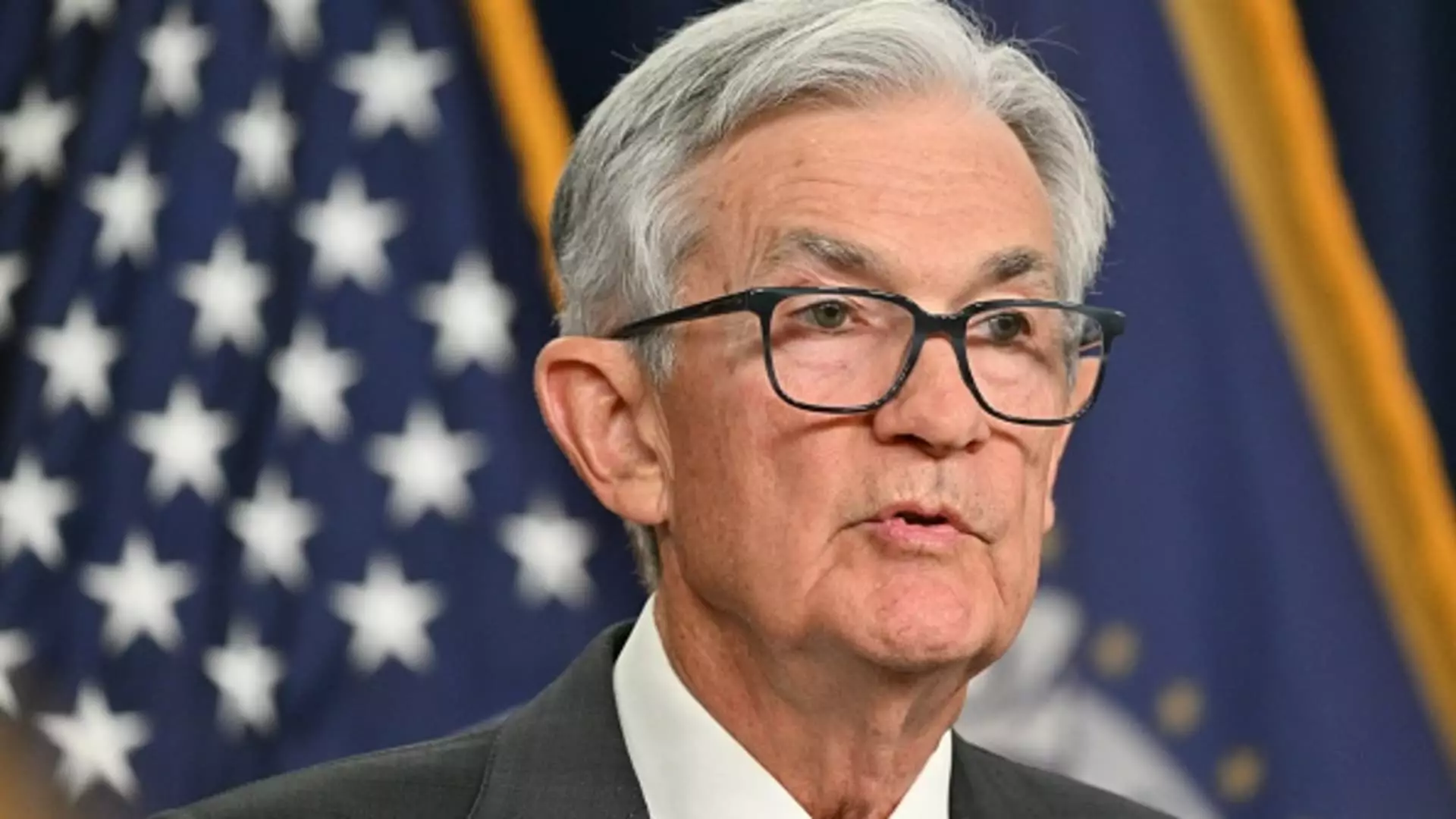Recent comments by Federal Reserve Chair Jerome Powell have illuminated a dark corner of economic discourse that should concern us all—tariffs. President Trump’s aggressive tariff strategy is not just a political gambit; it is a potential catalyst for inflation that could ripple through the economy. Powell warned that these new tariffs promise to raise inflation rates while simultaneously stifling economic growth. When tariffs are introduced into an economy, they increase the cost of goods, not only burdening consumers but also imposing strain on businesses that rely on affordable materials. Instead of merely playing politics, Powell insists that the Federal Reserve’s focus should remain on keeping inflation expectations anchored. Yet, his cautionary tone is hardly reassuring.
Inflation, by its very nature, erodes purchasing power. A few percentage points may not seem like much in the grand scheme, but when combined with stagnant wages, it can devastate working families. It is critical to realize that waiting for clarity on how these tariffs will shape the economic landscape may be a dangerous game of uncertainty. The Fed, while methodical in its approach, risks blurring the lines between temporary price shocks and persistent inflationary trends.
Economic Stability or a House of Cards?
Powell described the economy as “still in a good place,” which seems grossly optimistic. Yes, the job market is solid, and metrics may suggest stability; however, understanding the real sentiment on the ground is imperative. Recent consumer surveys suggest a growing anxiety about inflation and an unclear future in terms of growth prospects. The disconnect between economists’ forecasts and consumer sentiment raises alarm bells. While the Fed may remain cautiously optimistic, it cannot ignore the rising tide of dissatisfaction among the populace who bear the brunt of these tariffs.
If tariffs are meant to protect American interests in the global arena, they seem to function more as a double-edged sword. What happens if consumer confidence wanes? Consumers are the bedrock of any economy. A reduction in purchasing sentiment could lead to lower demand, which in turn, could result in economic contraction. This may serve to undermine the very goals the administration is trying to achieve through protectionist measures.
The Intersection of Policy and Politics
Powell’s reluctance to adjust interest rates in the face of tariff-induced economic uncertainty speaks volumes about the intersection of politics and policy. When President Trump suggests that the Fed should cut interest rates because inflation is down, it highlights a troubling expectation of political pressure influencing economic decisions. The central bank’s independence is vital for fostering long-term economic health. If the Fed bends to political pressure, it may jeopardize its credibility and, by extension, the economy’s stability.
What do we see in plays like this? A potential drift toward populist economic policies. The administration is boxing the Fed into a corner where it must act against its principles or face prolongation of economic fallout. By prioritizing short-term gains over long-term stability, this administration risks creating volatility akin to a house of cards—impressive at first glance, but bound to collapse under pressure.
Looking Ahead: The Unforeseen Consequences
Powell highlighted the uncertainty concerning the long-term effects of tariffs; it is not an abstract concern. Tariffs may generate a temporary lifting of inflation, yet the persistence of elevated prices could transform a short-term crisis into a long-term economic malaise. Unlike traditional economic disruptions that might be addressed with rate cuts, tariffs introduce distortionary factors that complicate the efficacy of orthodox policy tools.
It would be ill-advised to assume that this inflationary pressure is merely a phase. The broad nature of Trump’s tariffs allows for unforeseen repercussions among trading partners who will inevitably retaliate, adding a layer of complexity. A multifaceted trade war cannot only lead to higher prices but could see a reversal of globalization trends; businesses might look inward rather than forward, stifling innovation and efficiency.
In a world where the economy cannot afford stagnation, the consequences of these tariffs may prove far costlier than anticipated. Embracing a more cooperative international trade perspective could yield greater rewards than this confrontational stance—yet, as always, the question remains: is anyone listening?

